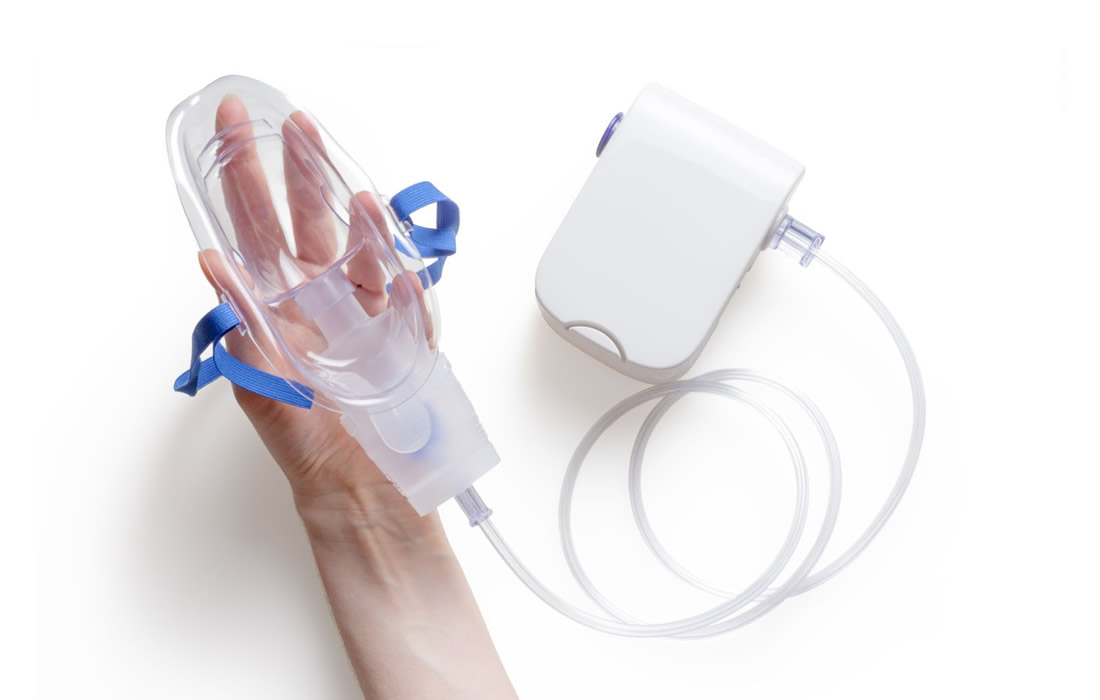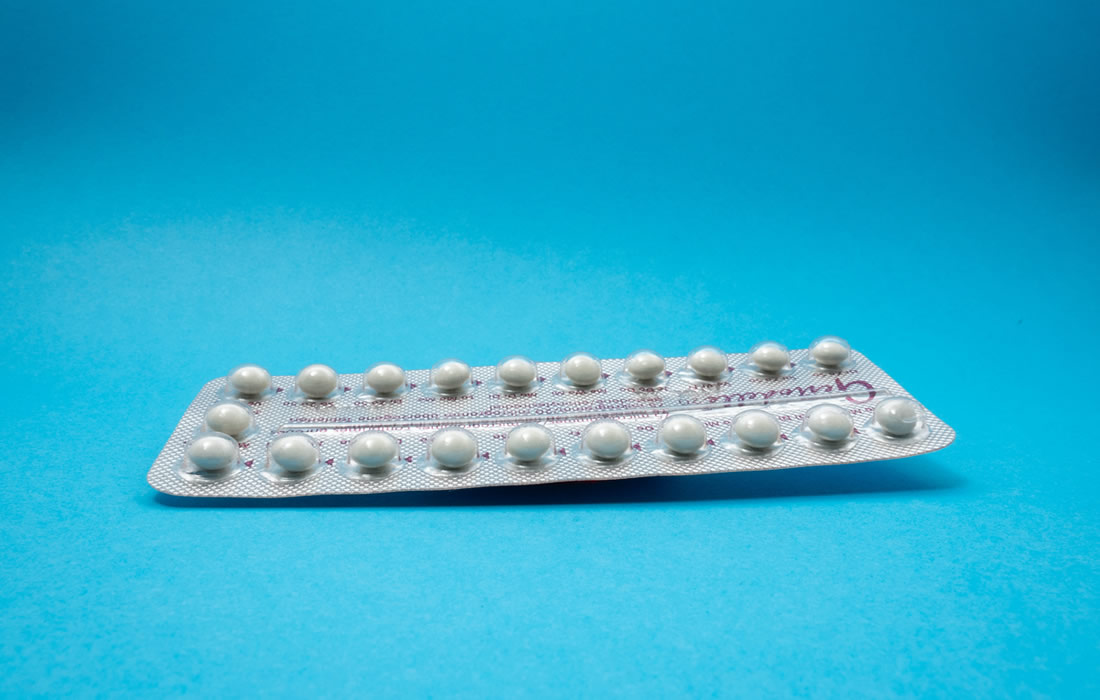If you’ve ever struggled to breathe, you’ve had a moment of hypoxia. Experiencing hypoxia is a known trigger for developing and worsening lung conditions such as severe asthma, chronic obstructive pulmonary disease (COPD), and fibrosis. To treat and prevent these diseases, researchers need to understand why a lack of oxygen would affect the immune system. […]
Monthly Archives: June 2023
Scar formation happens in adult mammals because skin regeneration does not fully occur. In a newly published article, a team of researchers investigated the use of the adult newt, Cynops pyrrhogaster, as a model system for studying scarless wound healing for technology development in surgical and cosmetic medicine. After an injury occurs, the epidermis can […]
In a global perspective, depression is the leading cause of ill health and disability. The possibility that contraceptive pills might have negative effects on mental health and even lead to depression has long been discussed. Although many women choose to stop using contraceptive pills because of the influence on their mood, until now the picture […]
Chronic exposure to low levels of lead, cadmium and arsenic through commonly used household items, air, water, soil and food is associated with an increased risk of cardiovascular disease, according to a new American Heart Association scientific statement published today in the Journal of the American Heart Association, an open access, peer-reviewed journal of the […]
An epigenetics drug currently being used for the treatment of blood cancers and rare sarcomas can stop the growth of bladder cancer by activating the immune system, reports a new study done in mice. “We’ve discovered for the first time that the drug actually works by activating the immune system, not just by inhibiting the […]
Physical activity at the right time of the day seems able to increase fat metabolism, at least in mice. Physical activity at different times of the day can affect the body in different ways since the biological processes depend on the circadian rhythms of the cells. To ascertain how, researchers studied the adipose tissue of […]
The sweet taste of sugar is very popular worldwide. However, little is known about the molecular (taste) mechanisms of sugar that influence dietary intake, independently of its caloric load. “We therefore investigated the role of sweet taste receptor activation in the regulation of satiety,” says Veronika Somoza, deputy head of the Department of Physiological Chemistry […]
Researchers recently found that gut microbes can exacerbate the effects of cognitive impairment because of how they affect the hippocampus, the region of the brain that is critical for memory and learning. They found that the concentration of one group of bacteria called Bilophila increased dramatically in the gut microbiota of mice that were fed […]
Therapeutic nanocarriers engineered from adult skin cells can curb inflammation and tissue injury in damaged mouse lungs, new research shows, hinting at the promise of a treatment for lungs severely injured by infection or trauma. Researchers conducted experiments in cell cultures and mice to demonstrate the therapeutic potential of these nanoparticles, which are extracellular vesicles […]
According to Sydney scientists, stress combined with calorie-dense ‘comfort’ food creates changes in the brain that drive more eating, boost cravings for sweet, highly palatable food and lead to excess weight gain. A team from the Garvan Institute of Medical Research found that stress overrodes the brain’s natural response to satiety, leading to non-stop reward […]










